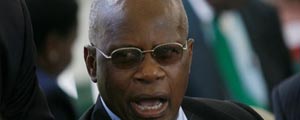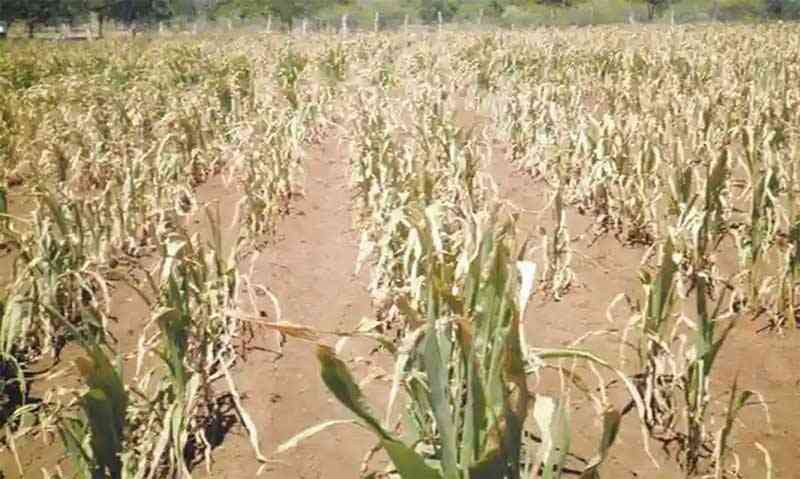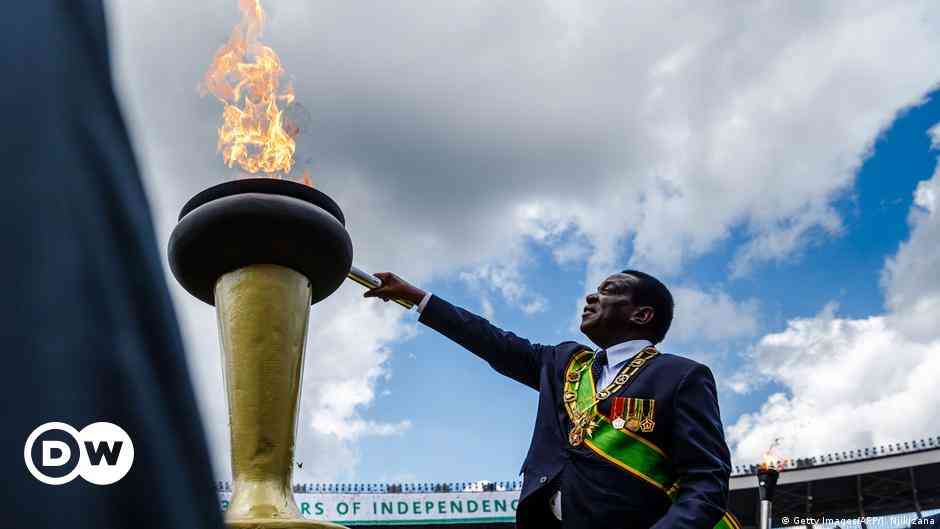
Finance minister Patrick Chinamasa, speaking at the just-ended economic outlook symposium in Harare, accused local banks of imposing sanctions on the fragile economy by reducing lines of credit to $40 million from $800 million within the space of a decade. He echoed the Zanu PF mantra of blaming banks and sanctions for the country’s economic woes.
NewsDay Editorial
It is ironic that while Chinamasa was busy accusing some financial institutions of sabotage he was not addressing the fundamentals that must be put in place before these financial institutions could release depositors’ money.
It is a fact that whatever money is held by banks belongs to depositors, therefore financial institutions must be prudent in lending it out to their customers. The issue of collateral security is therefore fundamental. But where property rights are not guaranteed it becomes risky to lend money willy-nilly.
Concerning new farmers, banks are wary of the culture where farming is taken as a pastime rather than real business, with farmers spending most of their time in cities far away from the farms.
For the record, Zimbabwe’s economy has had changes between 2003 and 2013, during which period the economy sunk to unprecedented levels. This was triggered by excessive printing of the now demonitised Zimbabwe dollar which led to hyperinflation and the subsequent use of hard currencies to stabilise the economy.
Due to the underperformance of exports, Zimbabwe has since the introduction of multiple currencies recorded a huge trade deficit, worsening the liquidity situation in the economy. Resultantly, banks would not have much for on-lending.
Chinamasa should know better than anyone else how the rising levels of non-performing loans have impacted on the fragile banking system.
- Chamisa under fire over US$120K donation
- Mavhunga puts DeMbare into Chibuku quarterfinals
- Pension funds bet on Cabora Bassa oilfields
- Councils defy govt fire tender directive
Keep Reading
Now averaging 15% against best practice of 5%, analysts caution that bad debts could be a time bomb in the financial services sector. So any move to coerce banks to lend more to unproductive sectors or political connections could have far-reaching consequences.
Governemt is taking a lackadaisical approach in engaging the West and courting foreign direct investment. That Zimbabwe is one of the lowest ranked investment destinations clearly is not a result of a conservative lending approach taken by banks, but politics gone bad.
Chinamasa’s attack on banks could explain the casual approach government has taken on the issue of its debt overhang which experts say represents 110% of the gross domestic product.
This debt has worsened the country’s risk profile resulting in local banks borrowing from international capital markets at a higher cost compared to more stable economies.
In light of this, one would expect less rhetoric and more action by the man entrusted to oversee this great country’s Treasury. Zimbabwe can rise again, but sober politicians are required at the Treasury chair.











